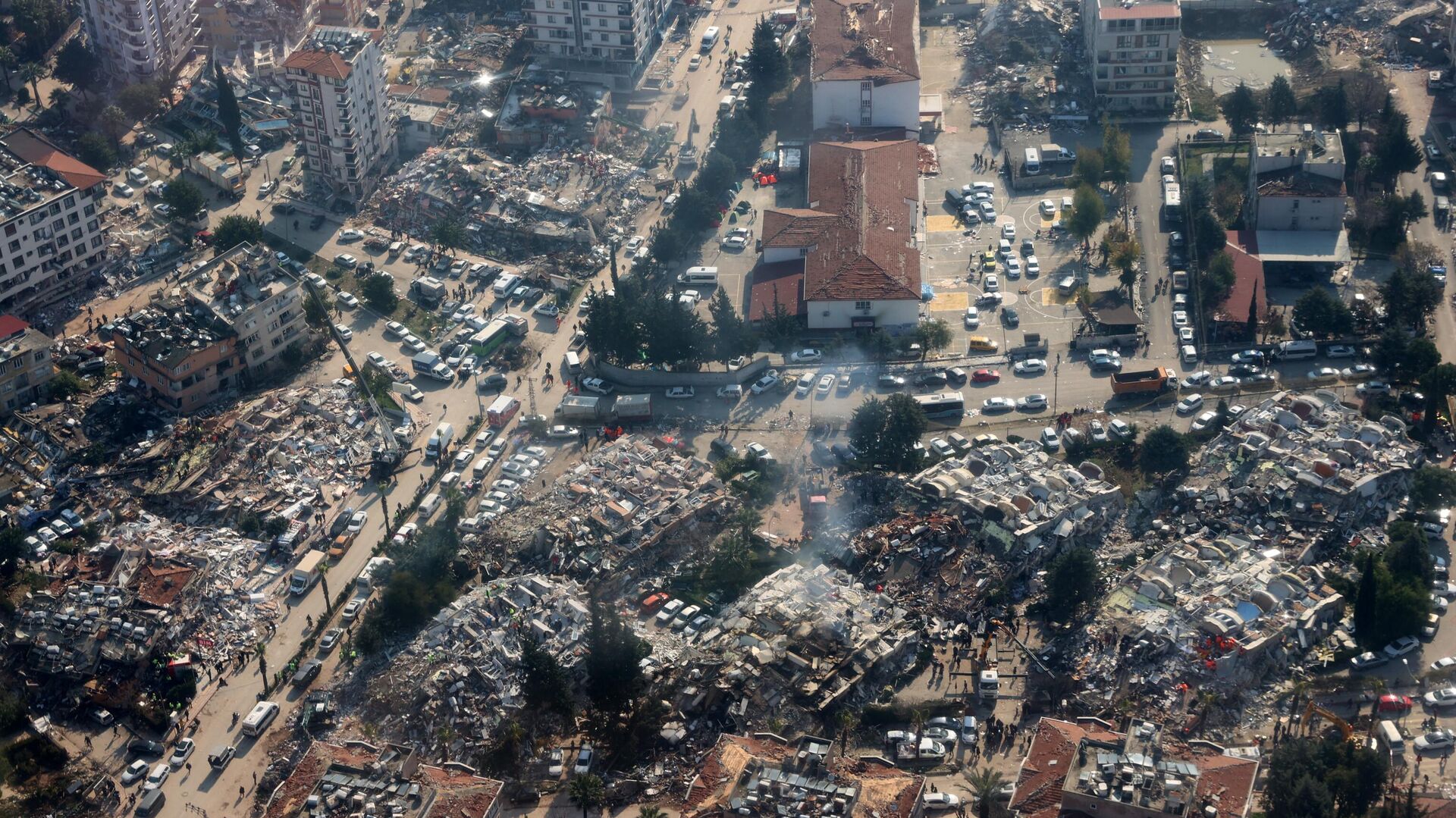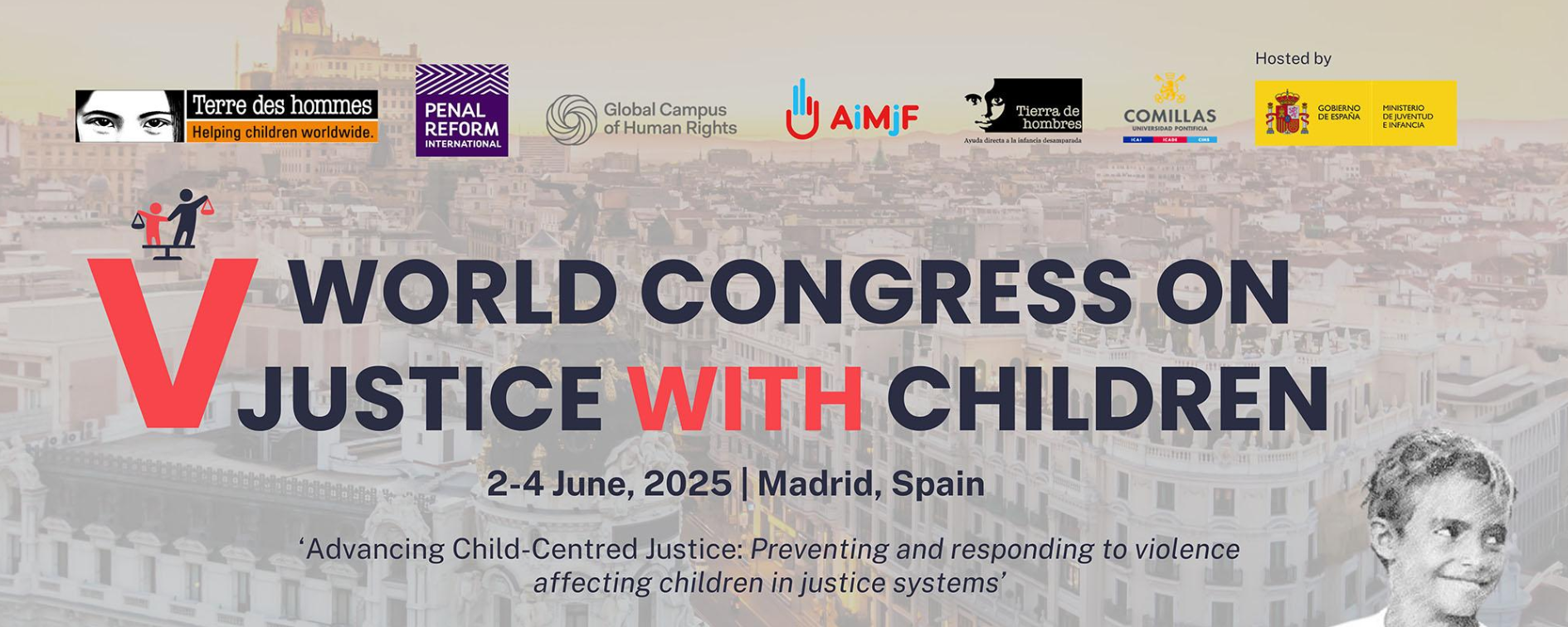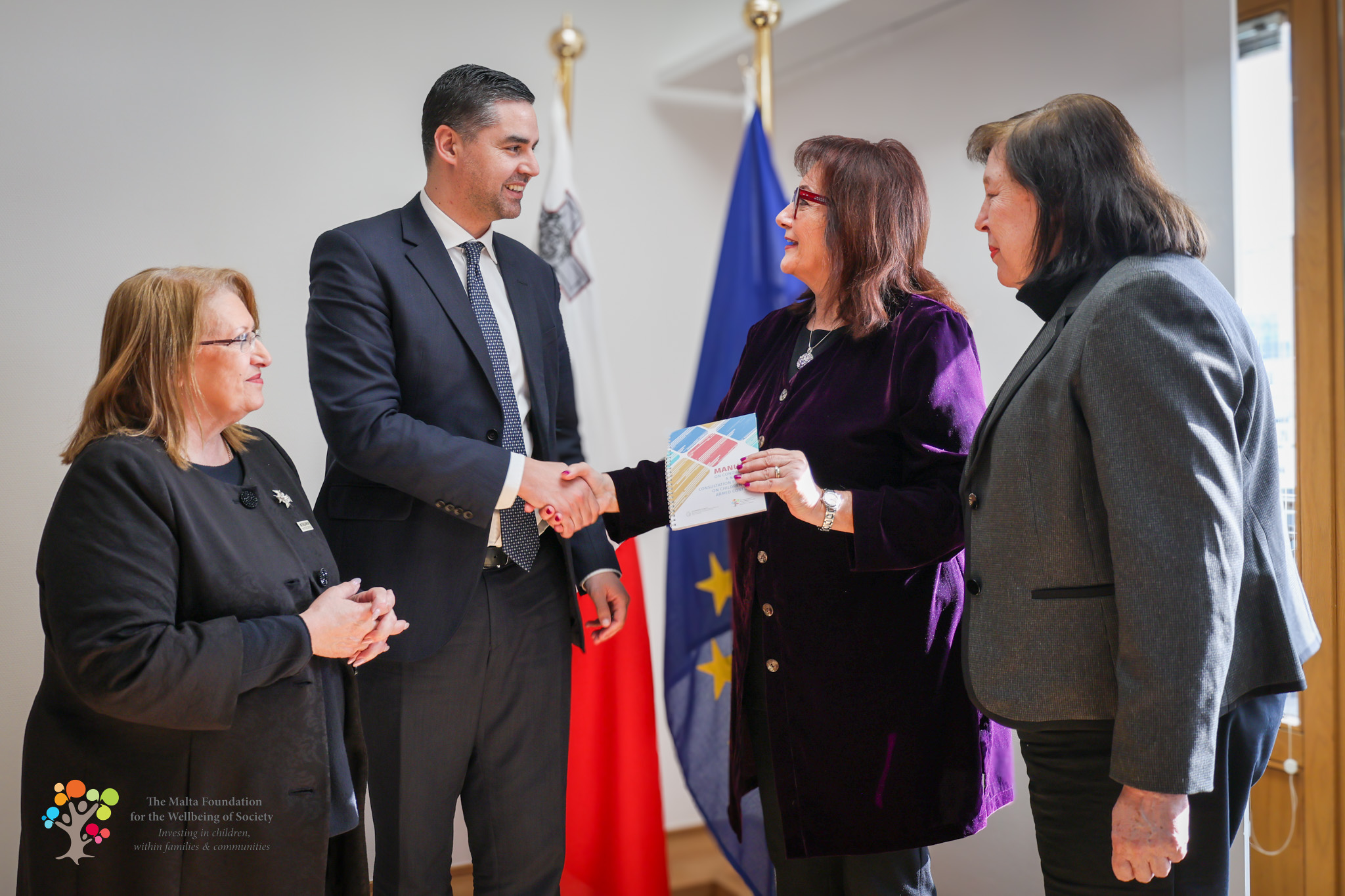Responding to vulnerable children's needs after the Earthquake in Türkiye and Syria
Eurochild member in Türkiye Hayat Sende’s concerns and call to action to support children in alternative care affected by the earthquake in Türkiye & Syria on 6 February 2023.
The death toll from earthquake in Türkiye-Syria of 6 February passing 46,000 according to latest news media. UNICEF estimates that thousands of children have died, but exact figures remain unclear. However, it is estimated are that over 7 million children in the region are affected by the earthquakes, through displacement, injury, death, family loss and loss of livelihoods.
Hayat Sende Association was established by young people who grew up under the protection of state care and works to support children and young people growing up in alternative care and transitioning to independent living.
In 2022, Hayat Sende participated in Eurochild’s technical assistance programme, receiving technical support and sub-granting to deliver psychosocial supports to children in alternative care and care leavers, and training on family-based care to prospective foster families in Türkiye.
Crisis in child protection – identified key concerns:
Since the devastating earthquake occurred, Hayat Sende have observed a number of high-risk concerns for child protection actors in the region to be aware of. These include:
- Risks of institutions being opened & kept open to provide needed care.
- Lack of capacity for prospective foster carers, including a lack of knowledge of the acute care needs for children, including unaccompanied & separated children as a result of the earthquake.
- A rise of informal care that risks not being appropriately monitored to ensure children are safe.
- The difficulty to determine children who need care but are not currently in care.
- There are specific needs for children and young people who may arrive in Türkiye from the affected region in North-Western Syria, which requires dedicated support.
- The lack of systematic and available data to ensure decisions for children are data-driven.
- Education has shifted online for universities in the affected region but affected children in alternative care and care leavers do not always have the equipment to access online learning.
How are Hayat Sende responding to the humanitarian crisis and what can you do to support them?
Hayat’s expertise, which Eurochild sub-granted last year as part of our Technical Assistance programme with the Martin James Foundation, is in two areas where the needs are currently very high & need to be included in a strategic response to the emergency situation:
- There are huge psychosocial support needs for CiAC in the affected region.
- There is also a need for support to foster carers, both existing and new applicants.
Hayat Sende are collecting donations to support their programmes, to provide basic humanitarian needs for children, care leavers and foster parents in the affected regions, and gather education equipment for care leavers to access their education online.
- You can donate here: https://fonzip.com/hayatsende/bagis.
Hayat Sende are also seeking any expertise on the provision of child protection services in humanitarian emergencies to support their programmes. If your organisation has any relevant guidance or expertise, you can share them with the Eurochild Secretariat at ciaran.odonnell@eurochild.org.
More information:





